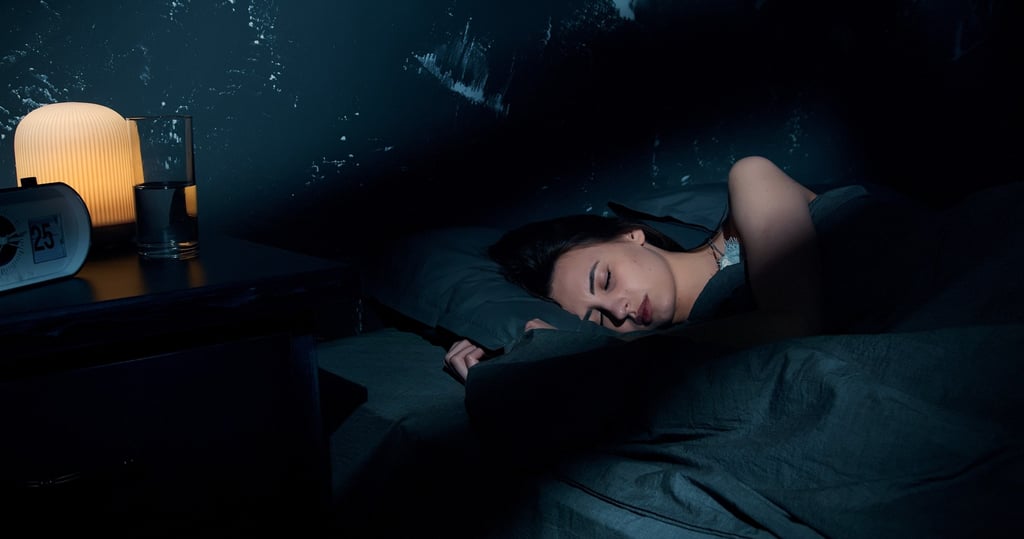
Yin and yang – Taoist concepts according to which nature is made up of opposing, but complementary, energies – are central to the Duke of Zhou’s philosophy. Qi, a life force that is believed to flow through living beings, is also a key aspect and is said to determine whether we have good or bad dreams.
In ancient China, this system was deeply intertwined with day-to-day life. Doctors would interpret patients’ dreams to offer relief and closure, officials relied on it to predict good harvests and the weather, and ordinary citizens sought revelation from the ancestors who visited them in their sleep.

Dreaming about a secret romantic interest, for example, means that the person is suppressing their emotions about them; fast-moving transport suggests that one’s life will go according to plan; falling into a river indicates that one is encountering family problems.
“The Duke’s system does not tailor dream meanings to each client’s individual psychology and, as a result, becomes too black-and-white. Because it’s not a one-to-one reading, it’s hard for it to be valid,” she says.
“Like for wedding dresses – it’s very common in Chinese culture to see them as a symbol of happiness, but they can sometimes evoke sorrow depending on the client.”

“The subconscious can usually be reflected in a person’s dreams [ …] dreams don’t lie – what happens in them can be a candid portrait of the person’s psychological state. The best dream interpreter is the dreamer themselves, as their dreams are based so heavily on their real-life experiences,” Monita says.
During consultations, she lets her clients recall their dreams and personal lives through hypnosis. She then helps them tap into their subconscious.
Despite the years that lie between the Duke of Zhou’s system and the development of hers, the two have often come to the same answers – the Duke wrote that dreaming about snakes symbolised an active sex life, and Monita arrived at a similar conclusion about a client who was having trouble with her sexual and romantic relationships.
Still, Monita is confident that her psychoanalytic approach is more scientific, as she individualises her interpretations for each client. More importantly, she treats each possible meaning of a dream as a tendency rather than an absolute conclusion.
Dreams can give a person a warning. It is only when the individual knows how to take action and change their circumstances that the reading can be useful
While she uses Duke of Zhou-inspired dream reading apps from time to time, Monita notes that they are not fully accurate. The readings are based on a “collective consciousness” in Chinese culture, referring to a set of shared beliefs, ideas and moral attitudes which operate as a unifying force within society.
But these apps do not take into account people’s subjective psychology and circumstances.
“If you want more personalised results, go to a specialist – just like [how] you’d rather consult a feng shui master than figuring it all out on your own,” she says.
In ancient China, people often believed that dreams were predictions of the future, but Monita emphasises that, at most, “dreams can give a person a warning. It is only when the individual knows how to take action and change their circumstances that the reading can be useful.”

She recalls a time when she warned a client that he could be infected with the same type of cancer his father had. The client, stricken with fear, went through various bodily checks. He eventually discovered that he did have the same condition, but was able to treat it quickly.
Monita does not take credit for predicting his future through his dream, saying she just gave him the advice he needed to hear.
“Dreams may seem a helpful tool to many, like other forms of spirituality such as tarot card reading, and there’s no harm in finding resonance in their explanations. But like any tool, it depends on how one uses it,” she says.
“The basis of translating a dream into something meaningful in your life is understanding yourself first, then taking real action to change or affirm your circumstances. It’s more about one’s personal growth.”

